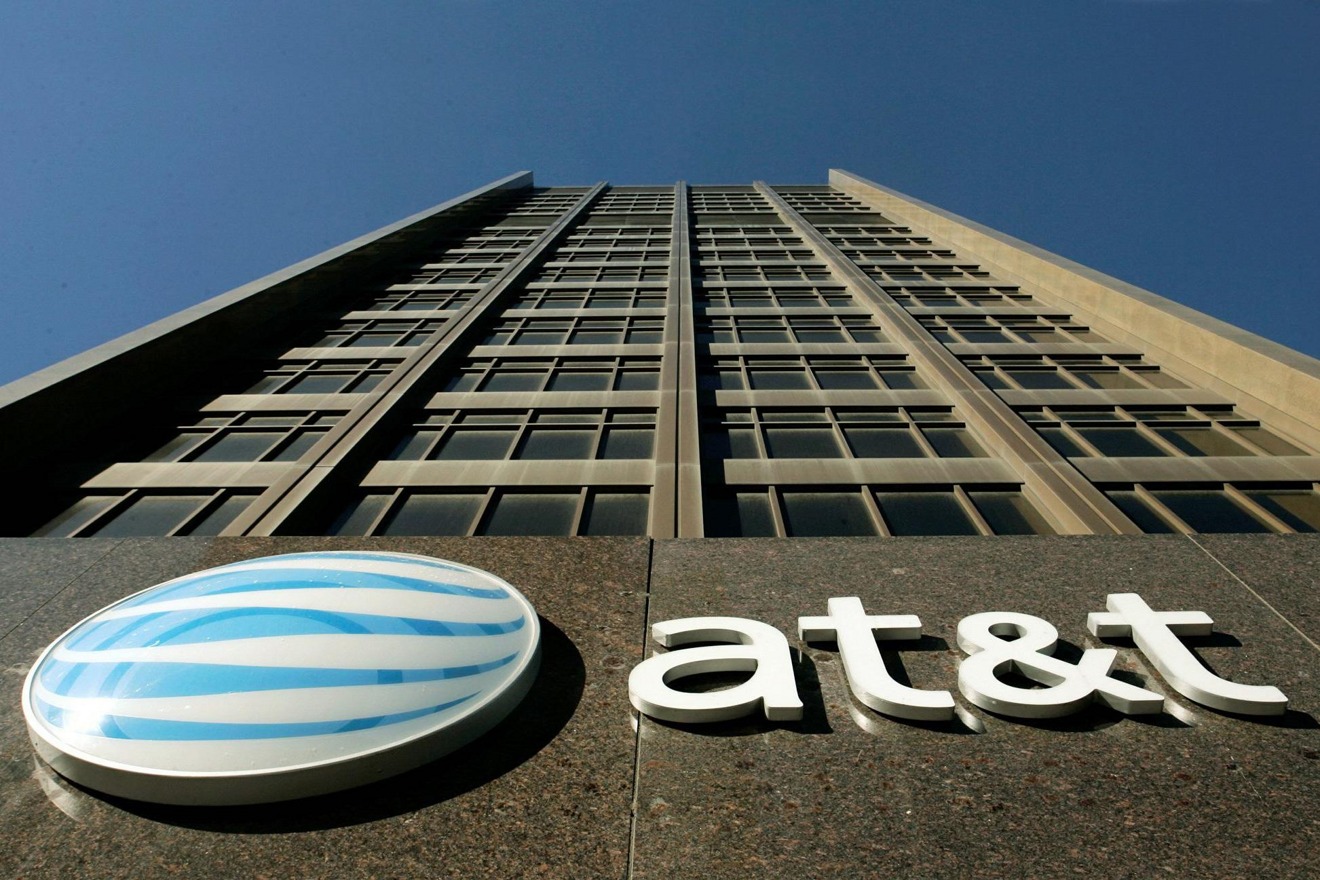On Monday the U.S. Court of Appeals for the Ninth Circuit ordered the dismissal of a 2014 Federal Trade Commission lawsuit against AT&T, which had accused the company of misleading marketing in throttling data plans it sold to the public as "unlimited."
A lower-court ruling was upheld on the basis of an exception for common carriers, Reuters reported. AT&T still faces a potential fine from the Federal Communications Commission, which in June 2015 suggested an amount as high as $100 million.
The company allegedly failed to adequately warn customers that it would throttle heavy consumption on unlimited plans — something it has defended as necessary to keep traffic flowing. In practice, though, people on the plans sometimes saw their speeds plummet by almost 90 percent, rendering connections useless for all but a few basic functions.
Unlimited data initially helped attract iPhone buyers to AT&T, but the company phased it out as the smartphone market matured and it worried about paying for needed infrastructure. The only customers that have unlimited data now have been grandfathered in, and are shrinking in numbers thanks to slow erosion by other carriers.
 Roger Fingas
Roger Fingas








 Malcolm Owen
Malcolm Owen
 Charles Martin
Charles Martin



 William Gallagher
William Gallagher
 Christine McKee
Christine McKee
 Marko Zivkovic
Marko Zivkovic









5 Comments
The last paragraph is inaccurate. AT&T offers unlimited plans again for people who subscribe to DirecTV.
I'm grandfathered in to an unlimited data plan. They're going to have to pry that out of my cold ded hands.
Well, not really. They could probably take it whenever they want. But I'm not giving it up until then! ;)
"Unlimited" means 22 GB of data a month before you are throttled.
It is decent enough so most people won't have to worry - unless they are heavy Netflix users.
The big telecoms love cellular because it requires far less investment into infrastructure than land lines. They want to sell contracts at almost 100% profit, not run a utility. So of course they balk at maintaining the wireless infrastructure when data consumption turns out to not be costless. Meanwhile, Verizon is lobbying (suing even?) the government to buy up reserved spectra to expand its bandwidth, because it's been full speed ahead in dumping all landline products and abandoning fiber... That fiber it was given major grants and tax rebates by the government to roll out across the USA (and failed to follow through on, which the government was supposedly investigating). Free money, thinks Verizon board of directors.
There's only a finite amount of radio frequency to use and data consumption rates clearly eclipse the capacity. Landlines are the superior model here.
Which company is going to do the work of upgrading the worn out garbage that Verizon sold off to maximize profits on selling contracts that don't deliver as implied ("up to [n]megabits!"). Who will create an actual working broadband pipeline between Internet/on-demand tv and consumers? Is there an Elon Musk out there with vision to produce a quality replacement for the utility our existing telecoms rotted away and dumped?
Apple, Amazon, and Google have the money and motivated interest. They all do business selling access to streaming digital content... which has a limited market when considering the sad state of Internet access across the USA. Google is already doing its own fiber rollout to selected urban areas.
The US government is too technology-ignorant and competency-gutted by conservative politicians' privatization tactics to sponsor its own internet utility infrastructure (but that's one of the things a government is for: civilization infrastructure). Various local governments have tried rolling out their own internet services, and several have been sued by ISPs for "anticompetitive" behavior (the hypocrisy is so thick you could drive nails with it).
American capitalists hate spending money to create things worth selling to consumers, and they'll get in the way of consumers doing it themselves (look at corporate meddling when civilians build their own electrical generation systems) or obstruct government doing its job of providing a working civilization... All to ensure that their share prices are always priority one. Wall Street monsters would love a system that just funnels money into their pockets directly from consumers, without actually providing a product or service. Hell... Insurance companies are already doing it and have laws making it mandatory.
The Reuters article states "
So the US government says it's OK to lie if you're AT&T.